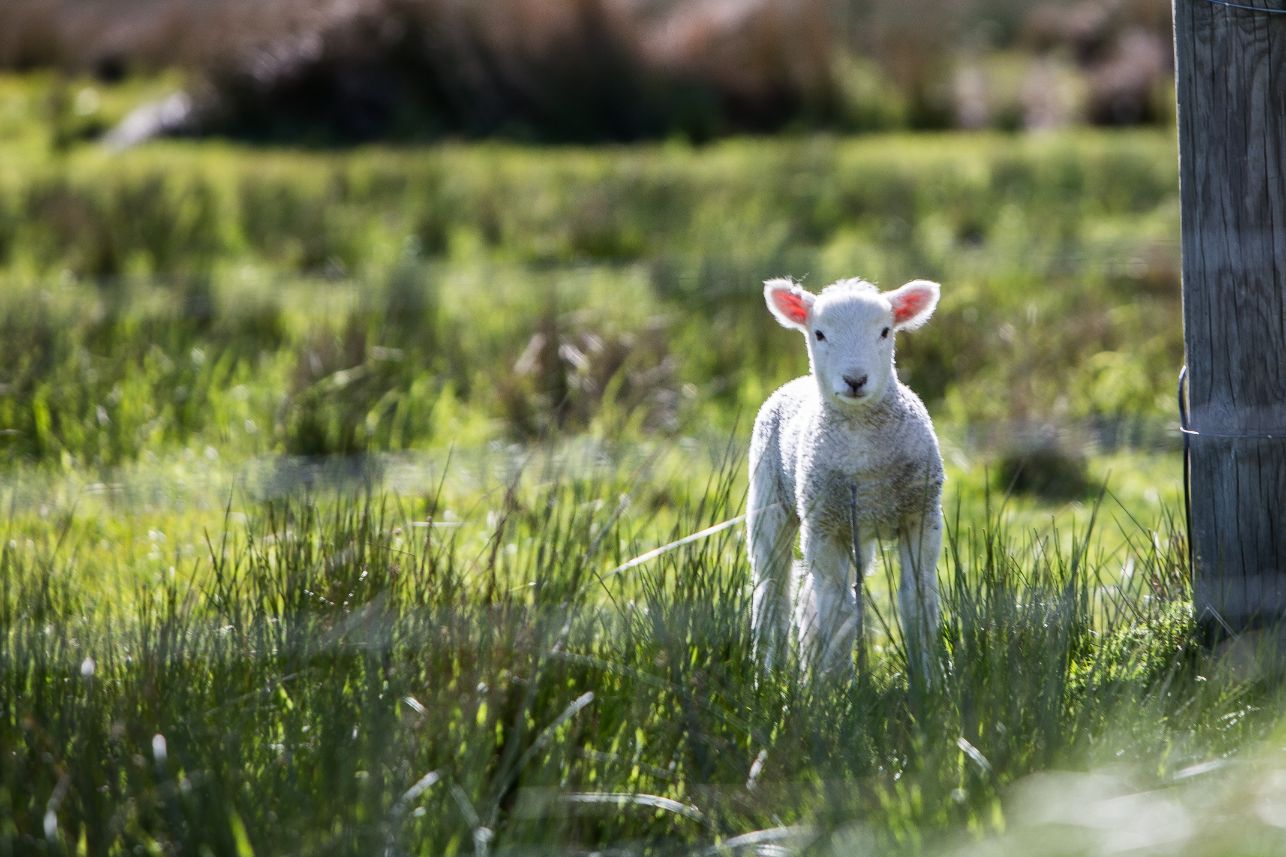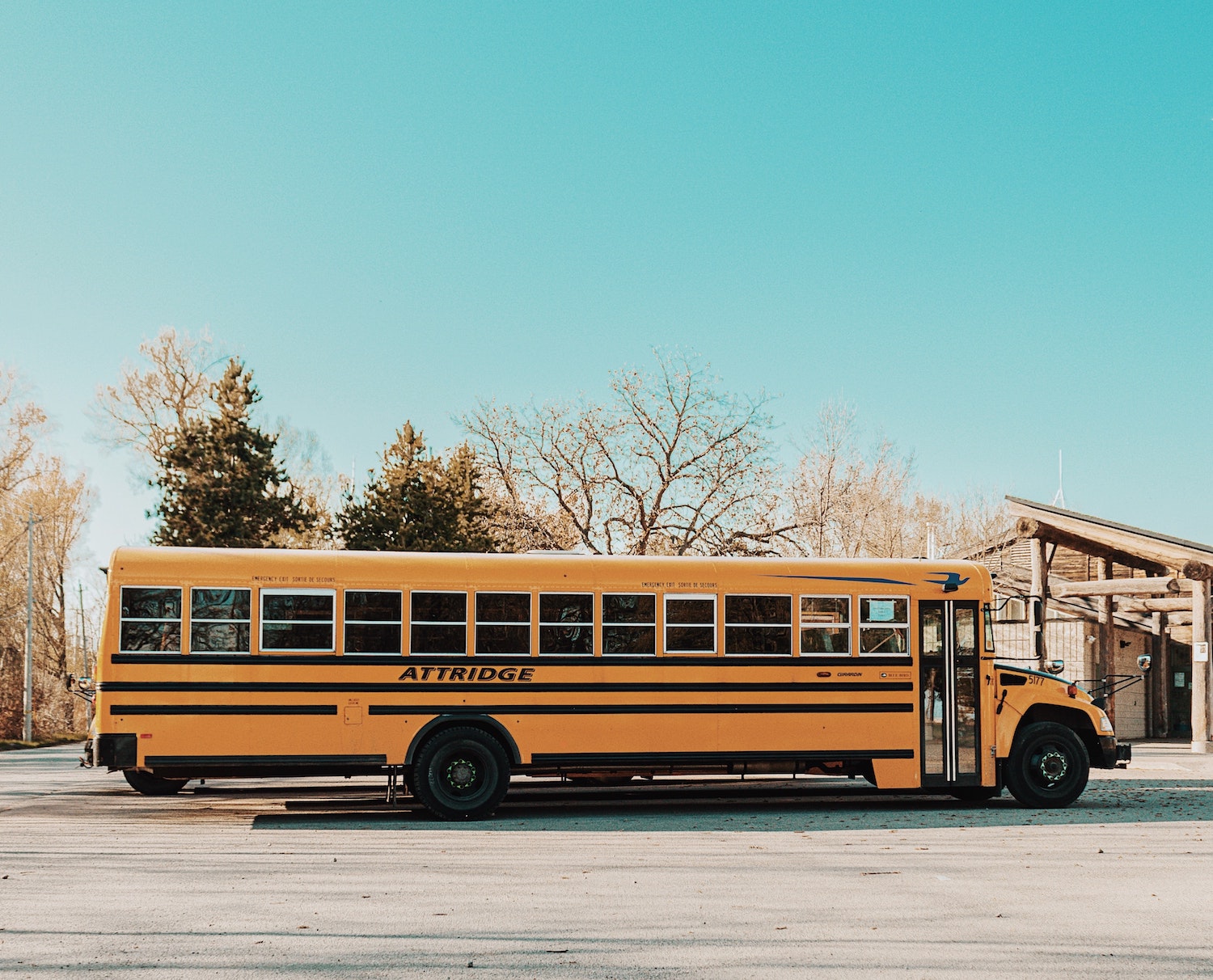Planning Your Summer Camping Trip
Lifestyle • May 12, 2021
Summer is a short month away, and many people are trying to find activities to do to keep themselves busy outdoors with family and friends. Just as it was last year, camping is going to be one of the most sought out ways to take time off and relax, close to nature, while enjoying great outdoor activities like swimming, canoeing, kayaking, and hiking. The simplicity of it is appealing, and the fun that your camping trip provides will give you memories that will last a lifetime. Who knows, you may even discover that sleeping under the stars is something you want to do more often!
If you are relatively new to the camping experience, you may be wondering or worrying that you don’t know what you’re doing, or how to plan your trip appropriately to ensure that you will have a fun, and safe camping experience. As an avid outdoor enthusiast and lover of nature, I have a few tips that will help you plan and prepare for your camping trip, so that you will be just as excited as I am each time I gather my gear for a new adventure.
What Are You Looking For?
Before you book your camping trip, ensure that you know what it is you are looking for, exactly. Knowing this ahead of time will help you choose the appropriate campsite.
- Consider what outdoor activities you want to partake in, such as hiking, biking, canoeing, or swimming
- Where will you be sleeping? Do you have or plan to rent a trailer or RV? Will you be setting up a tent on site, or looking to rent a cabin in the woods? Finding a campsite that has the right space and equipment for you will be very important.
- How many people will you be camping with? If you are heading in a group, you may want to wait to book campsites that are close to each other, or find a group campsite to accommodate everyone.
- Will you need electricity or running water? Some campsites do not offer electricity, or may not have a bathroom directly onsite. These are things you want to consider before making your reservation.
Make Your Reservation
Once you have decided on the requirements you are looking for in a campsite, find the appropriate park to make your reservation. With the increased demand in campsites over the past year, making your reservation sooner rather than later will be your best bet to secure a spot that meets your needs. Most Ontario parks will have restrictions in place to ensure the safety of park guests, and offer refunds or credits if guidelines change that require temporary closures.
Meal Planning
Meal planning for a camping trip is much different than meal planning at home, but with the right equipment and appropriate storage, you can enjoy a full menu that will satisfy every palette.
- Plan Ahead: Plan out each meal, and pack all ingredients and spices you need to complete your meals either on your fire, BBQ, or on any other cooking equipment you may have.
- Prep: Preparing some food at home will help you save time when making meals and snacks on your camping trip. Slicing fruits, vegetables, and meats, or making up salads ahead of time and packing them all in storage containers will also save on space in your cooler, and reduce the amount of waste you accumulate on your trip.
- Storage: It is unlikely that you will be able to plan a menu for your entire trip with foods that don’t need to be kept cool. Pack your own ice-packs and ice-filled coolers to keep things cold initially, but also check with your campground ahead of time about where you can purchase ice on-site, or if you need to travel to a nearby town to replenish your stock each day.
- Cooking Equipment: Campsites usually come equipped with a small BBQ, for which you would bring your own coal, or with a firepit and attached grate. You may want to consider also bringing a propane fueled camping stove as a backup, or preparing a menu that does not require cooking over open flames.
- Kitchen Items: Remember to pack other necessary kitchen items, such as plates, cups, utensils, knives, tongs, spatulas, sealable containers, tinfoil, pots, and pans.
Pack Your Gear
When it comes to packing supplies for your camping trip, it is important to use a camping checklist that includes all of the essentials needed. It is so easy to overlook items, especially when you are new to the camping experience, but finding yourself without a sleeping bag, in the middle of an outdoor camping trip, after travelling hours away from home.
Protect Our Parks
Finally, it is important to not just leave the parks the way you found them, but to leave them better if you can. Pick up after yourself, and safely dispose of any waste you accumulate. This is essential not just for the environment, but to also keep any animals away from your campsite while you are occupying the space. If you see discarded items lying around the park, recycle them or toss them into a nearby waste receptacle if possible. This is not only a great way to preserve our environment, but it also keeps our animals safe, and our green space looking beautiful all year round.


